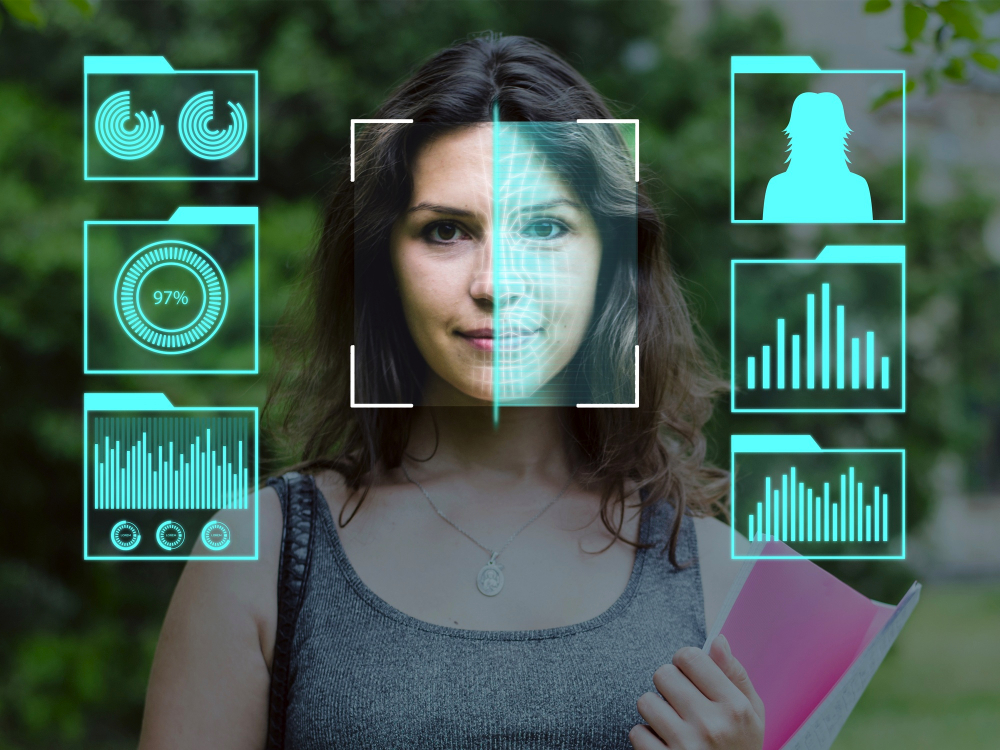Personalization in the digital age: how AI is tailoring user experiences

The digital age has opened up a world of possibilities, allowing individuals to interact and engage with technology in ways never imagined before. At the heart of these advancements is the concept of personalization, fueled by artificial intelligence (AI). Today, AI is not just a buzzword; it is a powerful tool that is drastically changing how users experience the online world.
The rise of AI-driven personalization
In today's fast-paced digital environment, there is a growing demand for experiences that are uniquely tailored to individual needs and preferences. This has led to the widespread adoption of AI-driven personalization techniques across various platforms. From streaming services recommending your next favorite show to online stores suggesting products based on past purchases, AI is everywhere.
This personalization allows businesses to analyze vast amounts of user data in real-time. By doing so, they can deliver personalized recommendations that cater specifically to each user's interests and habits, ensuring that content relevance remains high. This level of customization enhances overall customer satisfaction and loyalty as users feel valued and understood.
Understanding user data analysis
User data analysis forms the backbone of AI-driven personalization. With sophisticated algorithms capable of processing and interpreting massive datasets, AI systems can identify patterns and trends that would otherwise go unnoticed. Through platforms like Kupid AI, companies are able to gain valuable insights into what users truly want from their digital experiences.
Through seamless integration of data analysis, companies can offer tailored experiences that harmoniously fit into a user's daily life. The impact on customer experiences is profound, paving the way for more dynamic interactions between individuals and the digital products or services they use.
The balance between privacy and personalization
While the benefits of AI-driven personalization are evident, it also raises important questions about privacy and data security. As individuals become increasingly aware of how their data is used, finding a balance between delivering tailored experiences and maintaining trust is crucial.
To address these concerns, many companies are adopting transparent communication strategies regarding data usage. They aim to reassure users of their commitment to protecting personal information while continuing to enhance user engagement through innovative methods.
Crafting custom companions: virtual personalities
An exciting frontier within AI personalization is the ability to design virtual companions with specific traits and personalities. These virtual beings can provide companionship, guidance, and even entertainment, all tailored to suit individual preferences. The implications for customer satisfaction and loyalty are significant as users develop meaningful connections with their virtual companions.
Imagine having a companion that understands your mood, shares your interests, and adapts its personality to better connect with you. This concept takes traditional customer experiences to a new level, fostering deep emotional bonds that drive sustained engagement and retention.
Applications in gaming and entertainment
The gaming industry is at the forefront of crafting immersive experiences using virtual personalities. By leveraging AI, game developers have created characters that can learn from players' actions and adapt their responses accordingly. This results in more engaging and unpredictable gameplay, elevating the overall player experience.
- Adaptive storylines that change based on player choices
- Interactive NPCs (non-playable characters) with evolving dialogues
- Personalized gaming challenges tailored to skill levels
Beyond gaming, virtual companions are being integrated into various entertainment platforms, offering users bespoke interactions that resonate with their unique tastes and preferences.
Tailored educational experiences
The educational sector is another area where AI-powered virtual personalities are making an impact. Personalized learning paths driven by AI allow students to receive instruction that aligns with their learning style and pace. Features such as adaptive assessments and intelligent feedback mechanisms support student progress by addressing individual strengths and weaknesses.
By creating interactive learning environments, educators can facilitate a deeper understanding of subjects, stimulate curiosity, and encourage active participation among students. These advancements demonstrate AI's potential to revolutionize education by providing personalized recommendations tailored to each learner's needs.
Transforming marketing strategies with AI
The business landscape is undergoing rapid transformations thanks to AI-enhanced marketing strategies. With access to rich data insights, marketers can devise campaigns that speak directly to consumers' desires and expectations, resulting in higher conversion rates and return on investment.
Dynamic interactions powered by AI are reshaping how brands present themselves to customers. Personalized email campaigns, targeted advertisements, and customized social media content ensure that every message resonates authentically with its intended audience.
Enhancing user engagement through personalized content
In a cluttered digital space, capturing user attention is paramount. AI helps brands stand out by delivering highly relevant content based on individual preferences. This approach ensures that users receive only what matters most to them, avoiding oversaturation and enhancing the likelihood of meaningful engagement.
By aligning content delivery with users' interests and behaviors, businesses create fluid, cohesive experiences that cultivate long-term relationships. As a result, they enhance customer satisfaction and promote brand loyalty, driving growth and success in the competitive digital market.
The future of marketing: predictive analytics
Forecasting consumer behavior is a game-changer for marketers seeking to fine-tune their strategies. Predictive analytics powered by AI allows companies to anticipate trends and stay ahead of the curve, adjusting marketing efforts proactively to seize emerging opportunities.
This foresight enables businesses to remain agile and responsive, optimizing their outreach efforts while simultaneously ensuring the continued delivery of authentic and engaging user experiences. The future of marketing lies in harnessing AI's power to decode complex consumer landscapes and drive impactful, personalized strategies forward.
